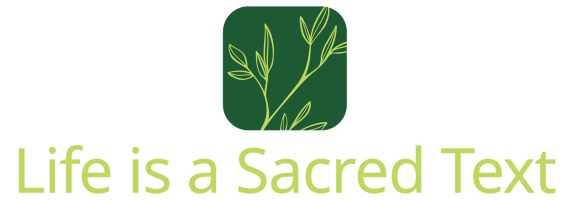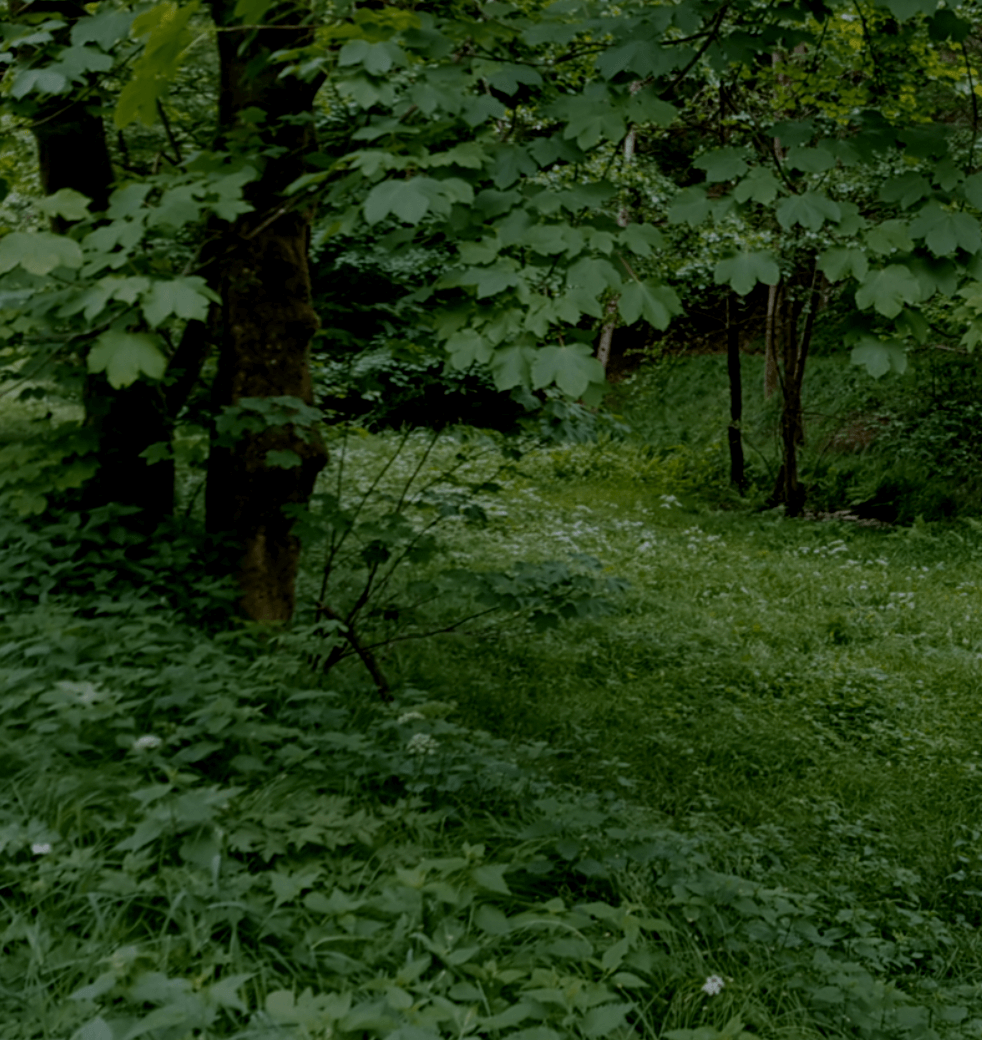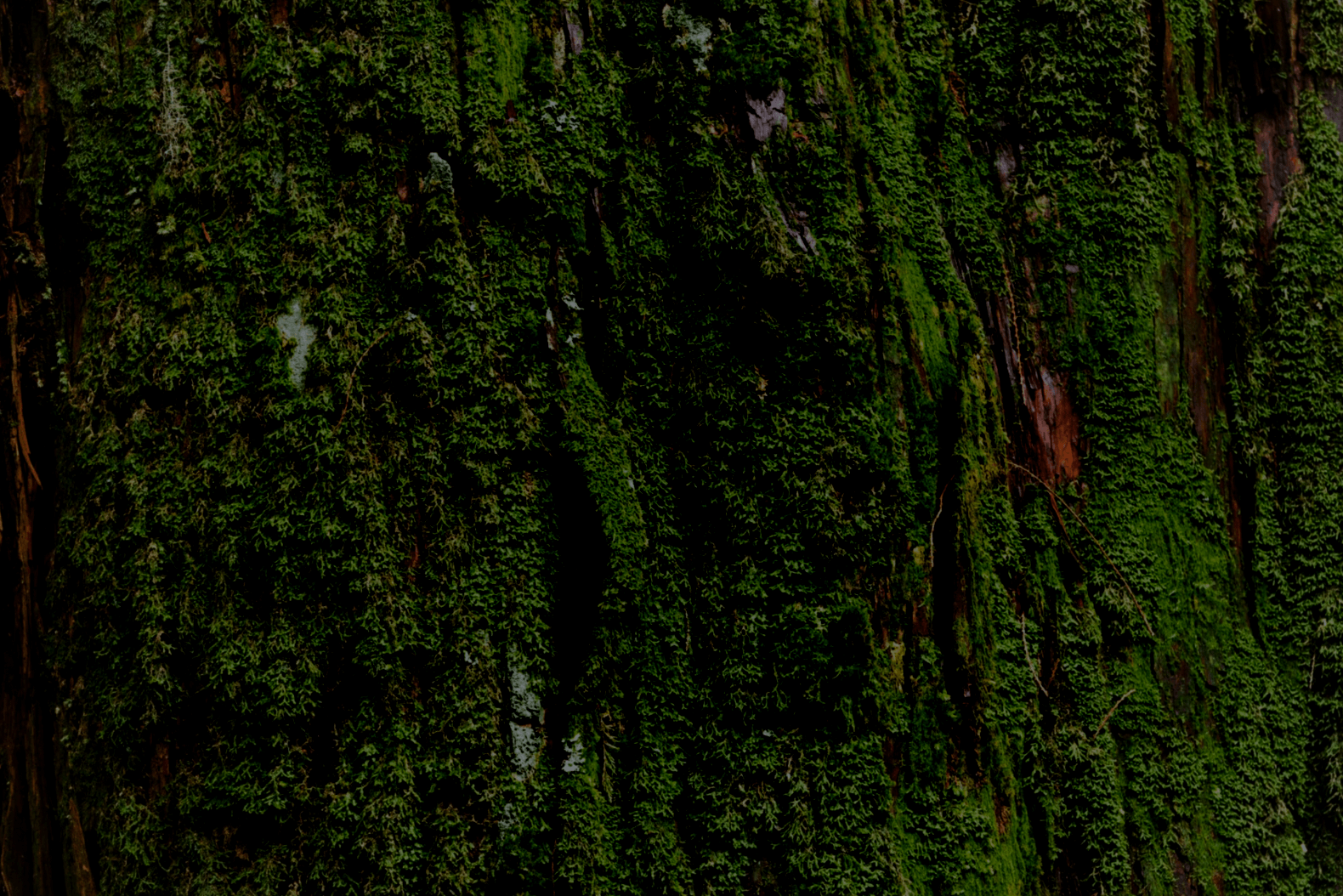Gaza's Annihilation Can Never Be Forgiven
Revisiting On Repentance and Repair
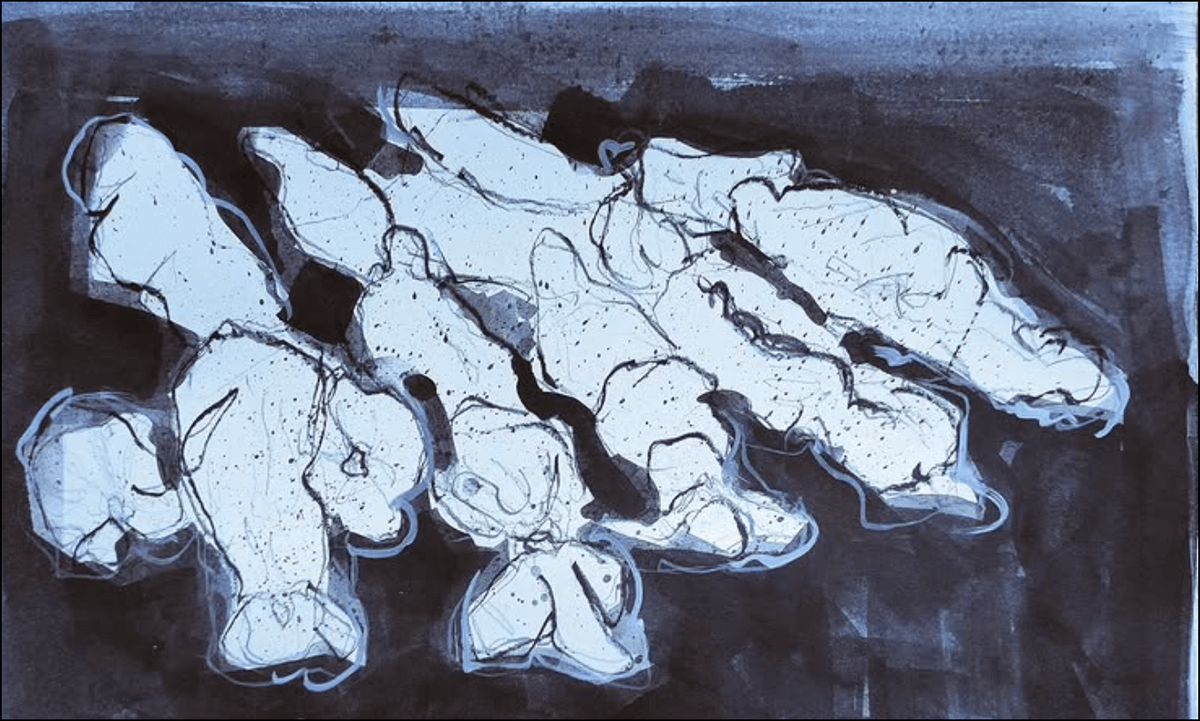
This is Life as a Sacred Text 🌱, an everybody-celebrating, justice-centered voyage into ancient stories that can illuminate our own lives. It‘s run on a nonprofit, so it’s 100% NAZI FREE. More about the project here, and to subscribe, go here:
Today I'm going to try to do at least three things at once:
- I want to lay bare my process 0f writing about Israel/Palestine in my book, On Repentance and Repair: Making Amends in an Unapologetic World, including holding myself accountable for some of those choices.
- I will annotate the section that I wrote in On Repentance, to both clarify my words from then and re-frame the work now in light of the annihilation and genocide* in Gaza.
- During this season of, well, repentance and repair, I think we're going to be getting a lot of "Atoning for Gaza" - type words from American Jewish leaders. I want to say a bit about that.
It's a lot, but it's all connected. Here we go:
*I know how loaded this word is for many Jews; I do not use it facetiously. Please keep reading. For more on this word choice, you can look to Holocaust historian and IDF vet Omar Bartov, here and here, Holocaust scholar Amos Goldberg, here, Holocaust and Genocide Studies scholar Raz Segal here, writer David Grossman, here, or so many other experts and invested moral voices. For those of you for whom the Israeli insider perspective is especially important, well, almost a year ago, before even more bombing and the depths of this human-created famine, Moshe Ya'alon, former Chief of Staff of the IDF and Netanyahu's former Defense Minister (2013-2016), even-- then-- described the army's actions in Gaza as ethnic cleansing.When I was writing On Repentance and Repair * – I agonized about how and how much, to write about Israel / Palestine (I/P), for a number of reasons.
*In 2020 and early '21 for a '22 release, for context; more on book production another time.They included, but were not limited to:
The fact that a proper treatment of accountability and a more whole future with regards to Israel / Palestine – harms, obligations, what each of Maimonides' stages of repentance might look like and why– could and indeed perhaps should be its own book, and likely should be written by someone(s) who is not an American Jew.
I believed that I was dealing with a unique situation vis a vis this issue. That is, as I mentioned in the book, with regards to Israel/Palestine, I was writing for readers with a range of ideas about where truth itself was situated.
More than, say, my treatments of Apartheid South Africa; #MeToo; the harms of colonialism to Native peoples; or even the harms of the prison industrial-complex and the possibilities offered by movements for its abolition–
...with Israel-Palestine, I was dealing with a case wherein various people coming to the conversation– and, most saliently, to my book– had often contradictory understandings what was actually happening, and why.
As a writer/educator, I try to be intentional about bringing readers along with me; if I lose readers by going too fast in my assumptions about with what they might agree, I'm not doing my job.*
*You could eg see how I built the book's Chapter Six, about consequences of harm beyond the prison-industrial complex, consider the journey on which I tried to take a reader who'd never had reason to question that system.Back then, I was trying to bring diverse readers on a journey of shared understanding so that we might ever move towards justice and accountability, without having the conversation on I/P take over the whole project. Moving slowly through specifics really is/was the work of this other theoretical book (written by not-me.)
That said, I failed living fully my obligations to justice then. Let me say that clearly. I was actively trying to do right by the larger work of the book, by Palestinians suffering under Occupation, and by the readers whom I was trying to coax along with me. Yet, even if not consciously, I'm clear now that I held back and remained excessively subtle due to the everpresent pressure of the Jewish institutional-communal professional ecosystem. If I had pushed harder, would I have lost readers who were willing to engage with me as I did pace it? Maybe. Was it a risk I should have taken (including facing how possible fallout might have impacted my work driving a network of 2500 Jewish clergy working for abortion justice in the wake of Dobbs?) Without the latter factor, absolutely. Even with it? Well, also yes. I do not seek to minimize my own accountability.
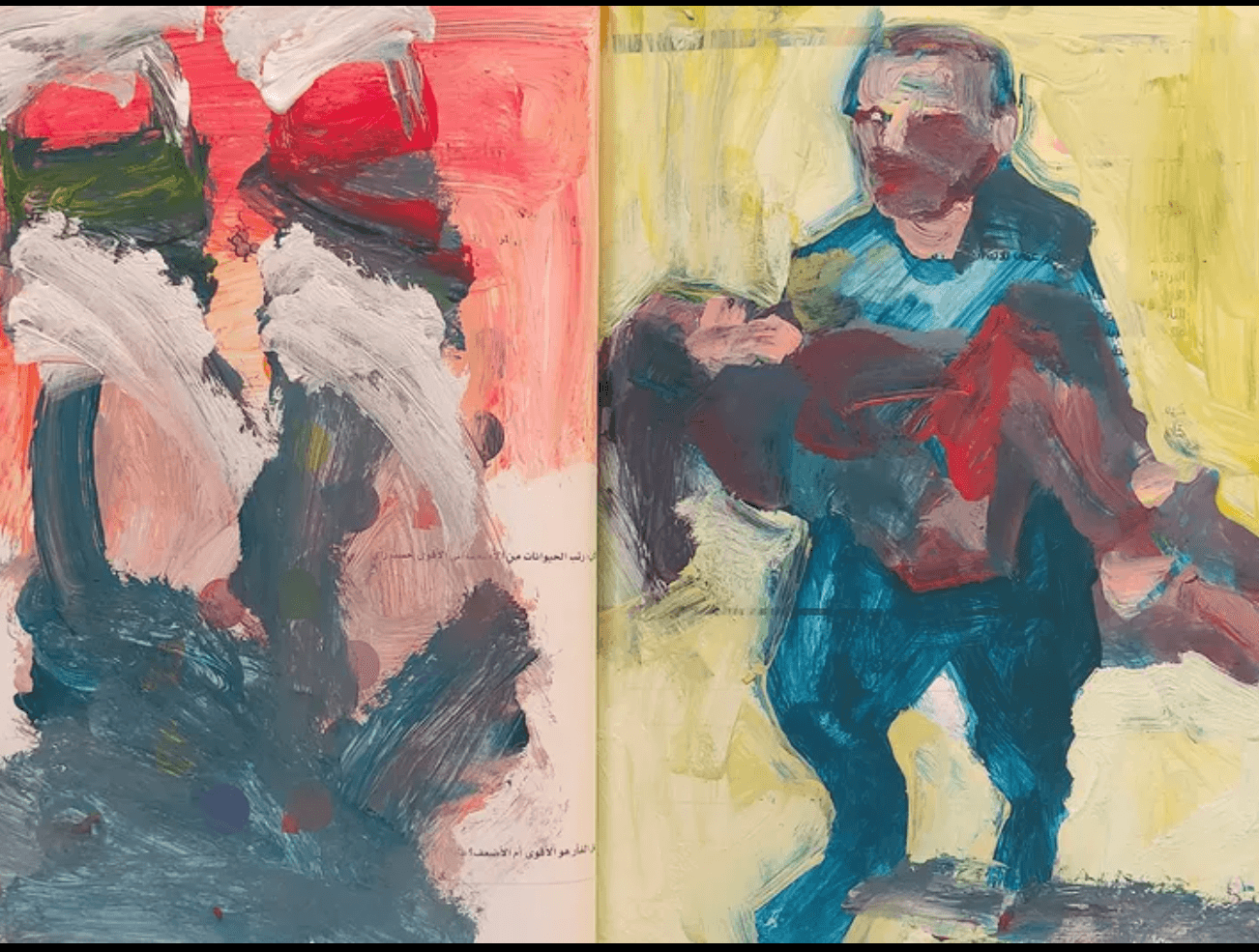
I, too, am complicit in this genocide.
However much I tried to manage my own various roles–
However much so many of us were trying to manage so many factors at once–
It's soul-splitting.
And it's hardly news that many of us fighting for justice in Jewish spaces have experienced both tacit and explicit pressure around I/P from employers, boards, donors, colleagues – that even as we have gone to the mat behind the scenes to try to push the conversation a million ways – that this game of forced choices has been an exceedingly powerful means of communal control: "Just keep silent on this one issue and there are so many other kinds of good that you can do!" My individual failures are real, and this problem is also deeply systemic. I cannot be exonerated from the ways in which I have participated in this devil's bargain at the expense of Palestinian lives– but I must name this, because many more people's jobs and budgets are still being bound by these structures. The onus to act is greatest on those with power, but they will not act if they do not feel financial or PR pressure. (Also: Every visible shift on I/P is the result of heroic amounts of invisible labor, organizing, strategizing, and effort. Those of you behind the scenes who will never be credited for your work: I see you.)
On the absence of the words "Zionism" and "antizionism" in this piece: The word count here is already far beyond what's good for this format. Engaging with the ultimate Rorschach terms--being both clear and getting many diverse readers on the same page-- would add another 25% to that, at least. Those two words should be a full chapter in this theoretical book, tbh; I hope my thinking on the larger matters at hand are, at least, clear.Every single choice to hold back– my own, my colleagues', every single person in our community's– has happened at the expense of Palestinian lives.
Again, then, I did not always do so consciously- but I did do so. And my figuring out how I can become a different person next time, figuring out how to pour the rest of my life into the work of amends– well, that's beyond the scope of today's missive, but it'll come up again.
I am grateful to the many Jews, especially the Jewish leaders, organizers and activists, who've been leading our collective moral conscience loudly and fiercely these decades, and especially these last years on behalf of Palestinian safety, freedom and life–
reminding us all that no one's blood is redder than anyone else's (Talmud Yoma 82b), that the answer to “Am I my sibling’s keeper?” is, has always been, yes.
Subscribe to the House of Study to support the labor that makes this work -- independent and committed to the process of truth -- possible.
Regular readers have seen Rabbi Adin Steinsaltz' annotations of the Talmud often shared here, wherein BOLD is the original text, and ROMAN [regular, not-bold] is commentary added for clarity to help later generations make sense of the thing.
I thought I'd try this with the original On Repentance section on Israel/Palestine – I've never done anything like this before, but it could be a way to transparently bridge some of the gap between then and now.
I don't have the bandwidth now to craft the kind of research-intensive case summaries found in On Repentance. (I spent five years on the book.) So if you want more robust historical context for everything, please look to the reading list at the bottom of the post.
For those just tuning in, On Repentance and Repair is built around the medieval scholar Maimonides' Laws of Repentance:
As I read him, there are five stages of the work we all must do:
1) Owning the harm caused– naming as fully as possible what was done
2) Beginning the process of transformation to enable a different future to become possible
3) Amends to the harmed party, determined by the victim-survivor(s) and their needs
4) Apology (yes, it's step four)
5) Making different choices next time
The chapter on national repentance opened with an investigation of South Africa's Truth and Reconciliation Commission (TRC) – what succeeded, what was controversial, and the fact that it fell short of creating true post-apartheid transformation because the government didn't follow through on many of the TRC's recommendations with regards to amends and systemic change. (There were many other sections in that chapter.)
Maimonides' wisdom proved itself again and again in my research; when steps were skipped or missing, the impact was all too visible.
The larger the scale of harm, the more important it is (I believe, and argued) to engage thoroughly with the first step, owning the harm caused.
Archbishop Desomond Tutu described the importance of televising of the TRC hearings this way:
"This is the horror that was apartheid. And those who supported the system must know what they supported. Those who claimed they did not know cannot very well say so now. They know.”
With this, here's the On Repentance section on Israel/Palestine, newly annotated (again bold was in the book, everything is new today):
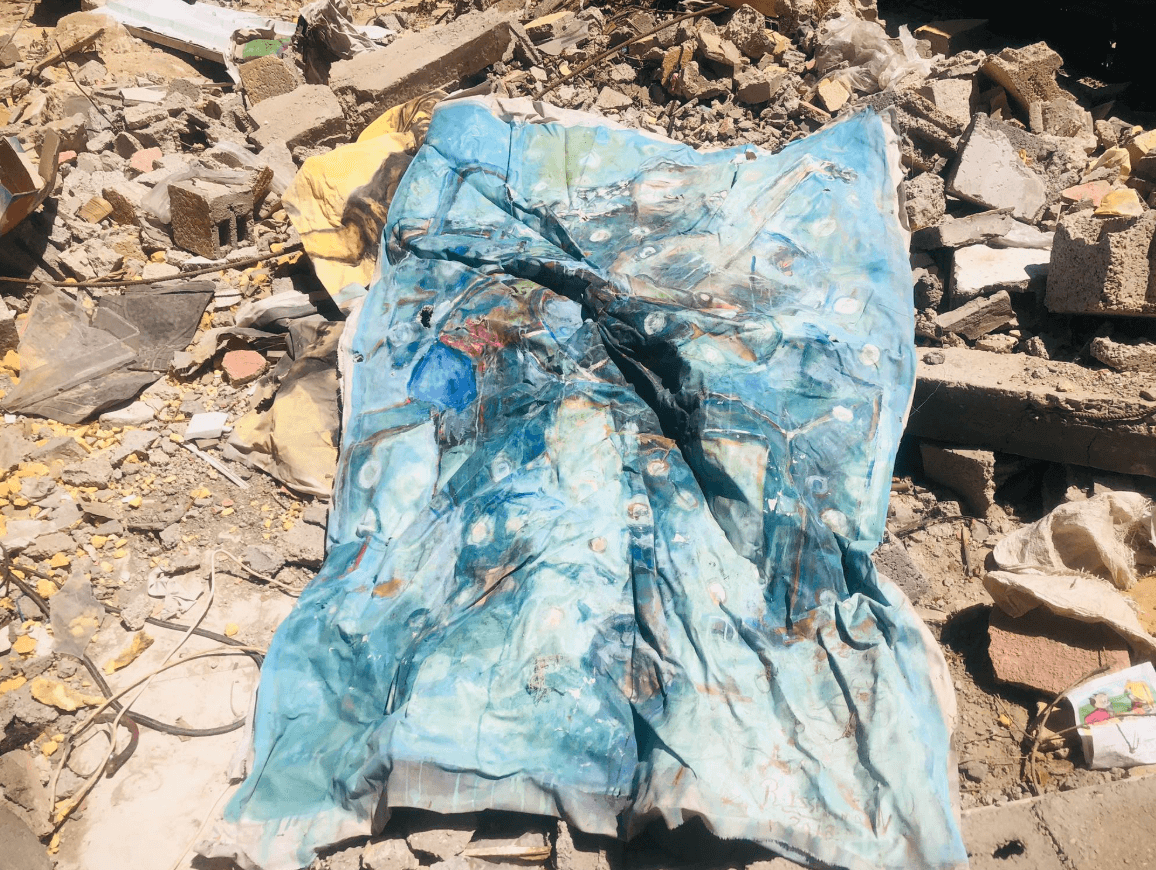
Needless to say, this truth-telling is needed in many contexts, in all places where great harm and suffering has been caused. And it can open up space to consider what appropriate next steps might be needed—like the TRC in South Africa had a committee dedicated to formulating concrete, reparative steps.
Sometimes the harmed party knows what accountability they want, but the process cannot advance until the harmdoer is pulled from their privileged hermitage through a brutal accounting of the victim-survivors' experience: "Those who claimed they did not know cannot very well say so now." And as I wrote in the TRC section and elsewhere in the book, there are many other important things that this airing of truth does, can do, for victim-survivors. I won't rehash them here.
But I wonder if the process of truth-telling isn't sometimes necessary for all involved to even be able to get clarity what the next step in the process could or should be. When I was writing this– and perhaps even now, but certainly then– this idea felt like a core component of my thinking around Israel/Palestine. But (as mentioned above) it didn't feel like my place to be saying this too explicitly.
One imagines such a process of truth-telling being useful in the United States around the horrors of its immigration policies and practices, including the atrocities of Trump 2.0, in the Israeli-Palestinian conflict and Israeli occupation of Palestinian territory; I failed here. I struggled to find a better word than "conflict," which too many people use to imply that power is equal, and was stumped, then; I was trying to plow through an eight-word sentence fragment while holding everyone's traumas plus naming Occupation. If I were advising 2020 me now I'd reword to something like "The Israeli Occupation and other harms, traumas and atrocities related to Israel/Palestine," – though of course now it would have to be "The Israeli genocide in Gaza, as well as the Occupation and apartheid systems, and other dimensions of harm in Israel/Palestine"–
the genocide of the Rohingya people in Myanmar; the persecution of the Uyghur people in China; in Cyprus, in Kashmir, in Chechnya, and elsewhere around the world. And, of course, there are many more peoples I could and should list whose harms have occurred since this was written, but I'm trying to stay focused.
Particularly in places where groups perceive competing truth claims about the basic facts of historical events—as is the case with Israel/Palestine—a truth commission that began with a specific scope could be a first attempt to gain communal consensus.
This, above, is the big sentence around which I should have put blinking lights, and I think many people missed it.
It is a fact that around I/P, more than many other places/events, there are groups who perceive competing truth claims about the basic facts of historical events.
Is it Memorial Day "or" Nakba Day? Whose "true" ancestral homeland is it? Whose accounts of what happened or even whose death tolls are trustworthy?
In 2021, this perceived-truth gap was even greater, I think.
Work like this is genuinely only possible because I am sustained by all of you, independent of so many of the systems discussed here.
And I can only continue if I have the support of this community.
And. The more that we invest in this space together, the more we can grow it so that we can enable more people to tell more inconvenient truths.
These are facts.
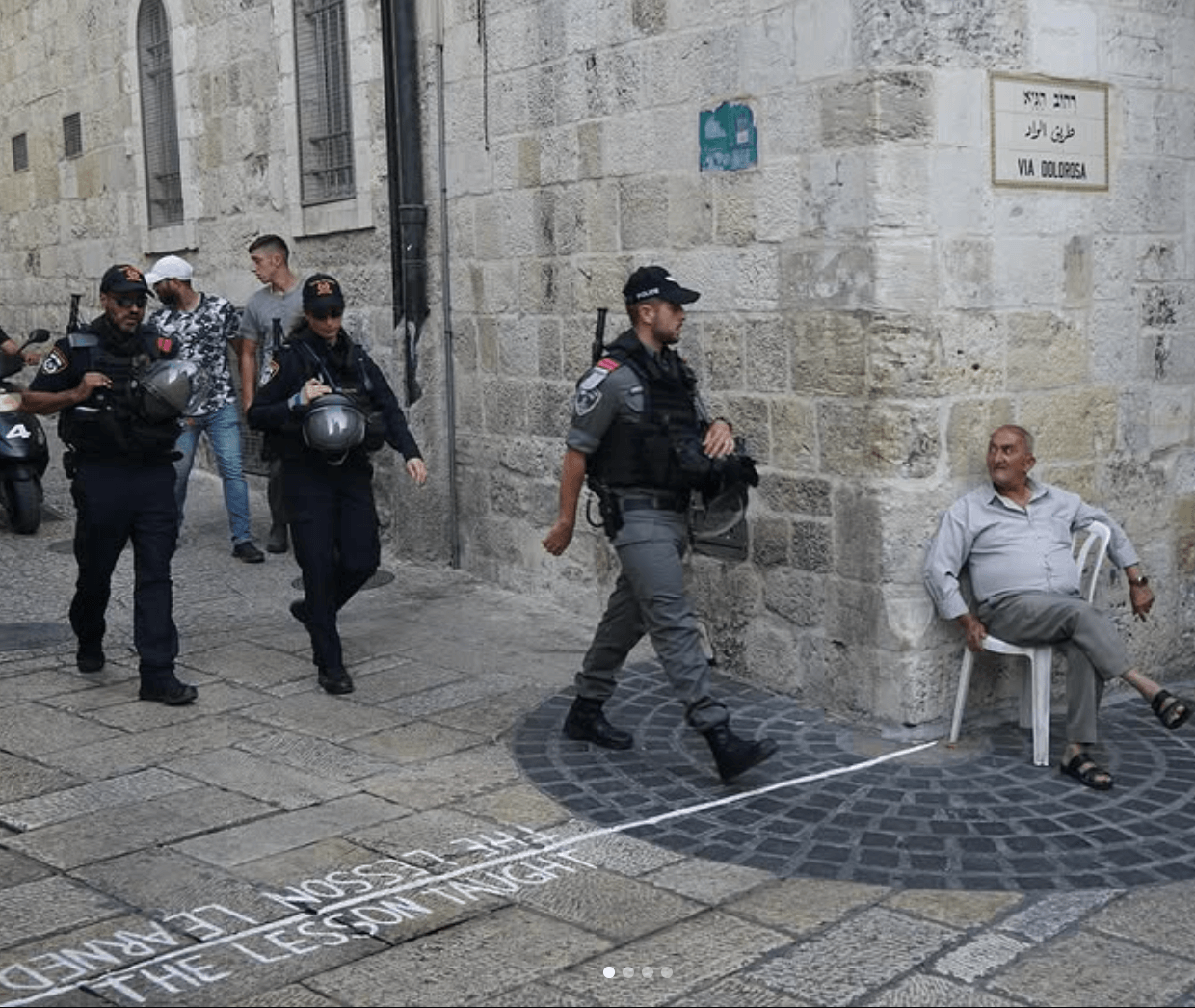
Now, with more recognition of the genocide (what language which Jews use is variable, but even so), there is more Jewish openness to more aspects of this conversation. Yet, of course, many significant gaps exist: Some of it's about fear and priorities; some about sources of news; some, due to what histories are taught and what are buried; some about where of it is due to differing family histories and family traumas.
As I said in the days immediately following October 7th, a lot of things are true, and/though the truths which acknowledge everyone's humanity do not at all need to be contradictory (even as we must name power imbalances.)
Where were we?
Particularly in places where groups perceive competing truth claims about the basic facts of historical events—as is the case with Israel/Palestine—a truth commission that began with a specific scope could be a first attempt to gain communal consensus.
Following this, I should have written something like,
"Palestinians have been subjected to Nakba, subjugated under Occupation for decades, including many of the horrors that characterized apartheid-era South Africa, such as the gutting and seizure of homes, restrictions on day-to-day movement, removals into refugee camps and land dispossession, the banning of political protest and organizations, detention without trial, torture, assassinations, the brutal murders of activists, and, of course, creating conditions of terror, poverty, and desperation.* When it comes to the scale of harm and power differential, there is no comparison.
And it is both true on a level of honoring all trauma, all human life, and a level of creating a new future for all fourteen million people in the region: Every truth about every atrocity must be told."*In this new text in italics just above this, from the words "South Africa" until that asterisk at "desperation," I literally copy-pasted the line from my manuscript describing the horrors of apartheid-era SA (only including the parts that I know also apply to I/P without having to do additional research.) Other features may also apply, but I'd have to confirm. Yeah. Still so sure that "apartheid" isn't a word that applies here? I take responsiblitly for not spelling this out in the manuscript. Then--writing even before the release of the Amnesty report [at which my community predictably blew a gasket]-- I thought the effort persuading reluctant readers would detract from the other work the chapter was meant to do. This is my complicity. Fully.
I was overly subtle about the power differential, hoping that my using the word Occupation and my careful wording of the examples below would do my work for me (since I didn't have the word count to accompany readers through a process that I perceived that they needed) (and also, again, none of these reasons doesn't also mean that it wasn't a coward's choice, conscious or not).
There's a chapter in this theoretical not-by-me book called, maybe, "Jewish Trauma, Jewish Feelings." Because – the Jewish experience of trauma is real, and much of what Jews carry is real.* And it's also true, my wonderful kin, we all too often wear our trauma as both shield and sword, using both our history and anything that might take place now as proof that we cannot possibly be expected to do thoughtful power analysis or engage empathetically with others' experience.
Let me say this with love: We are better than this, we are smarter than this, and our false equivalences– and the fact that tiptoeing around these sensitivities has been a condition for engaging with the Jewish community on any terms for so long – has contributed to genocide.
Again, I'm complicit. I wanted to try to bring my people along, wanted them to keep listening so that I could teach them– but I stepped wrong. I know that now.
But. And. To bring a new future into being, in a new truth-telling, we would need to name every harm– and this includes acknowledging Jewish traumas. What justifies genocide (nothing) and what will make tomorrow possible (all truths) are not, to my mind, the same thing.
For those of you who resist naming every harm (say, talking about kidnappings, terror attacks) because of power asymmetry, let the pragmatist in me speak: the Israelis who most need to hear Palestinian voices would be most reticent to listen if there was not space for Israeli voices in the conversation as well. And truly, it's the only fully cathartic, fully healing way forward.
Again: I'm never the person anybody needs to hear on any of this. But I am applying my research on other mass atrocities to this moment in one small essay and, please God, someday, may reconciliation work may yet come to pass.
And for this to succeed this must, I believe, include women at the table.
One wonders if beginning with a public detailing of everything that happened in Israel/Palestine in 1948, for example, could open the door for additional space to unpack other events,
I should have said Nakba, explicitly, even if I didn't get into specifics like Saliha, Deir Yassin, Lydda, Tantura and Abu Shusha, or the vicissitudes of the expulsions of 750,000 Palestinians from their homes and how these things are glossed over in Israeli society. At the same time, a full truth-telling would include things like the Hadassah medical convoy massacre, the Haifa Oil Refinery massacre and Kfar Etzion massacre by Palestinians, the latter in retaliation for Deir Yassin, as well as the fact that Jews committed the al-Dawayima massacre and (for Haifa Oil) the Balad al-Shaykh massacres in retaliation.
No facts left unchecked. No loss, unspeakable. And, like the broadcasting of the TRC hearings, everyone with a stake in the outcomes– all of the 14 million people in the region– would hear it all. The truths of what had happened. All of it, named in one place, all the pain. That was the idea.
The stories themselves would pave the way to the next step.
"Those who claimed they did not know cannot very well say so now. They know.”
Needless to say, all this is supplanted by the genocide now. What needs to be spoken is not only what's happened, but what was known and planned when, by whom. Who gave what orders. There's already ample documentation. But there's so much more that must be unearthed. Stories to be told. Those who do not want to listen must hear.
After the Holocaust, Germans hid their heads in the sand for a couple of generations, left a lot of Nazis in power and did much of their reckoning process backwards, which might explain their descent back into far-right fascism now (though, granted, that's a bit on trend these days.)
If Israel is willing to face what is has done– is doing now– to Palestinians, both in Gaza and the West Bank, to engage with its moral gravity– there might be hope for a different kind of future.
But as I noted in the book, it may have been easier (uh, 25-35 years after the end of the war) for Germans to grapple with their past actions to those who were no longer present (as they had been either murdered or expatriated) than what went down in South Africa. There, significant systemic restructuring is (still) required to undo centuries of oppression of 90% of its population by the other 10%—and that inequality is still ongoing. .
The occupation of Palestinian lives and land is also far from theoretical, and very much related to Israeli privilege and comfort today.
... whether in 1929, 1967, 1987, 2000, 2014, 2021, and all the years in-between and beyond.
These years were not selected capriciously. They're each significant in terms of the stories of the people of the land, many of which have a lot of "competing truth claims" baggage.
It could begin with the work of personal testimony of Israelis and Palestinians, archival documentation and more. Or, perhaps if it could begin, and expand, upon the much more recent work of Breaking the Silence (an organization of Israeli veterans who tell the truth about the Israeli army's activities under Occupation), Al-Haq (an independent organization that details human rights violations of Palestinians by both Israeli and Palestinian institutions), international NGOs and monitors, and the work of Israeli and Palestinian historians, sociologists and many others who have been working for decades to document the many truths of what has happened and what is happening now. So much is known, even if it is not all spoken, not all in the same place.
I didn't think that I was being subtle. Breaking the Silence has been heavily targeted by Netanyahu because because they tell inconvenient truths about the IDF's human rights violations and atrocities. And Al-Haq is an important Palestinian voice, and one willing to call both Israeli and Palestinian harms to account. (Again, any large-scale truth-telling process could and should include stories of what Hamas has done, yes.)
But there are so many forces both within and beyond my community trying to pretend that the balance of power–and the scale of harm–has been equal. When it never has been, and it certainly is not, now. And in my attempt to try to nod at the Occupation without wanting to unpack it, wanting to acknowledge it without peeling out the many layers present because I was trying to do *waves hands* all this in 300 words– I believe that I contributed to this equivocation. That's on me.
A truth and reconciliation commission could also be a crucial first step in addressing harms with hundreds of years of accumulated injustice, such as slavery and institutional anti-Black racism in the United States. But of course, as the lessons of South Africa and Canada—the latter mentioned in Chapter One—show us, making space to tell the truth isn’t enough. Recommendations must be followed. Structural changes must be implemented. Restitution must be provided.
And in the wake of this genocide– please God may we end it soon – that accountability is greater, the changes even more significant, the restitution beyond conception. Perhaps the only way to feel our way to Step Two is through Step One. In any case, this white American Jew isn't the right person to dictate any of it; Palestinian voices, Gazan voices, survivor voices are where to look.
But, to my dear colleagues working on their "Atonement for Gaza" sermons, I might remind you that in our tradition, the obligation of repentance and repair for serious harm can be deep, ongoing and consume the rest of one's life. And this must, ours, This is an obligation from which we can never be free. Never.
However.
Only harmed parties can forgive those who committed harm against them.*
Over 64,000 human beings have been murdered. Including 17,000 children.**
The dead can never, and will never, forgive.
The work of repentance and the gift of receiving forgiveness are not the same.
It is upon every single one us to work on repentance and repair for everything from the small harms we have caused to the great evils in which we have participated, been complicit–
Even if we meant well,
Even if we were "still learning,"
Even if it was "a process,"
Even if we were breathing in toxic communal fumes.
Even if some accounts can never be closed.
Having to live with the knowledge that our hesitation meant that we participated in genocide –
may, sometimes, just be one of the consequences of our actions.
There is no atonement for Gaza, ever.
There is only–
ever–
the unsparing, lifelong, work of repentance and repair.
*Rabbi Abraham Joshua Heschel, in Simon Weisenthal's classic The Sunflower, cites the classic tale of the Brisker rebbe and Mishnah Yoma 8:9 to make this point. To those I'll add Mishneh Torah Laws of Repentance 2:9 for basics; there are other sources, but I believe this suffices for now.**Data from an internal Israeli database suggests that, in fact 83% of those slaughtered were civilians – a higher percentage of civilian deaths than the atrocities of Aleppo ending in 2016, the Bosnian genocide, or the more recent genocide last year in Sudan. By December 2023, the Israeli bombing of Gaza was already "one of history’s heaviest conventional bombing campaigns" onto a population of 2.2 million people packed into 141 square miles.
A note on the subscription model:
I want my work to be as accessible to as many people as possible, in as many ways as possible. That's why the Monday essays are free, and why we donate subscriptions to anyone for whom paying is a barrier to the House of Study posts.
I also believe people should be paid fairly for their work. Needless to say, these two values sometimes seem to be in conflict, but I do what I can to find a fair balance. I offer many resources for free, and charge for others. When you donate generously or pay at the top of our scale, that helps support the work I do, provides access for those who have fewer resources, pays for the infrastructure and the technical and practical support that it takes to do this, and helps us keep the work sustainable. ❤️ 🌱
When you sign up for the House of Study, you get deep dives every Thursday, Ask the Rabbi Q & As, montly Zoom Salons IRL, access to over 4 years of archives, a study partner if you want one, and so much more-- and you DON'T have to get more email if you don't want! Don't you deserve all this nourishment and support??
As always, if you want in on the House of Study, but paying isn't for you right now, email support @ lifeisasacredtext.com and we'll hook you up.
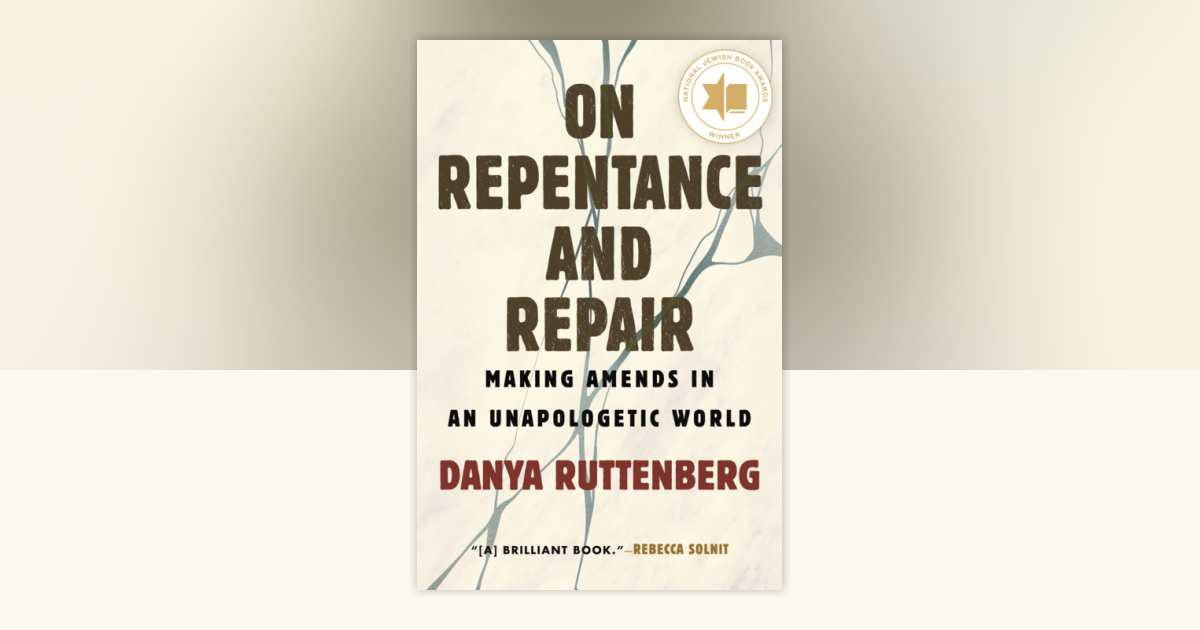
The book in question, in case you were wondering.
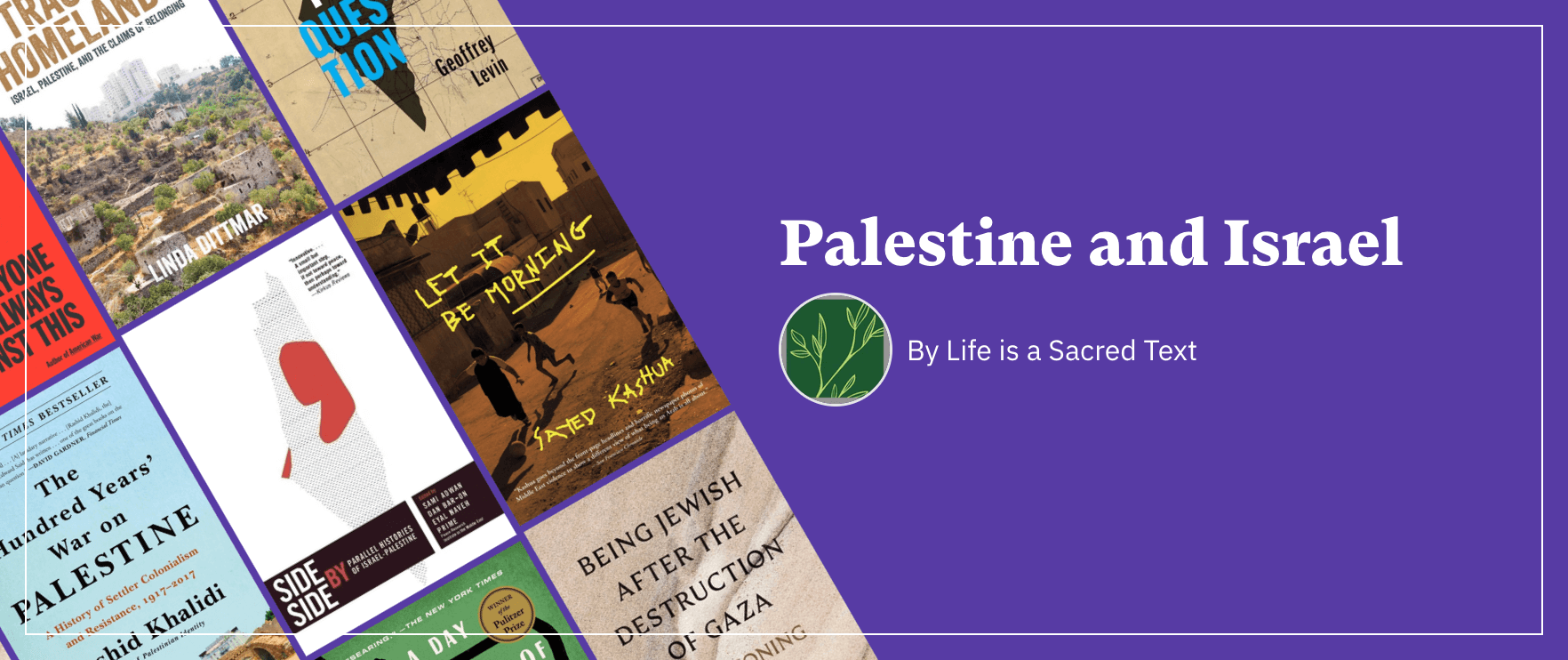
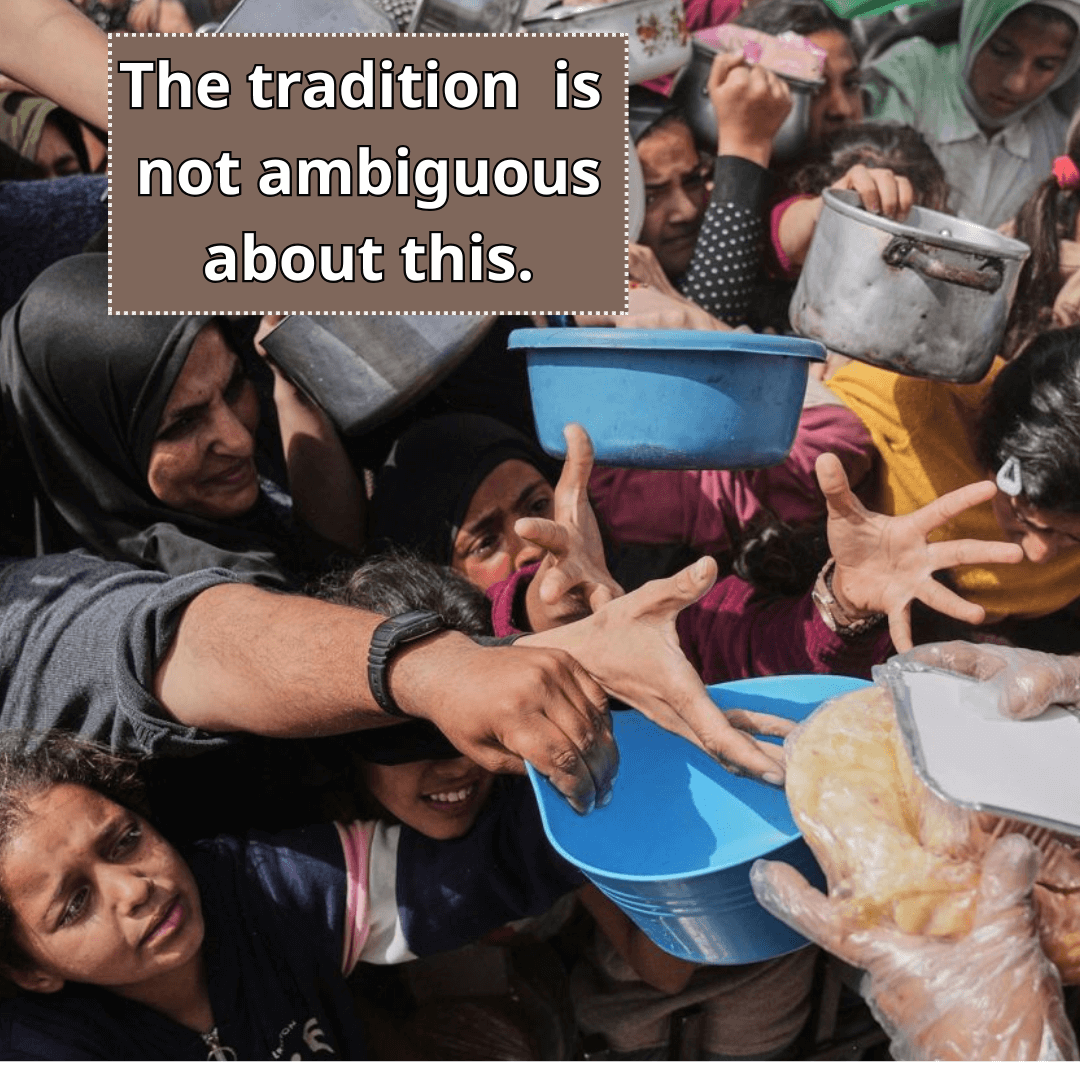
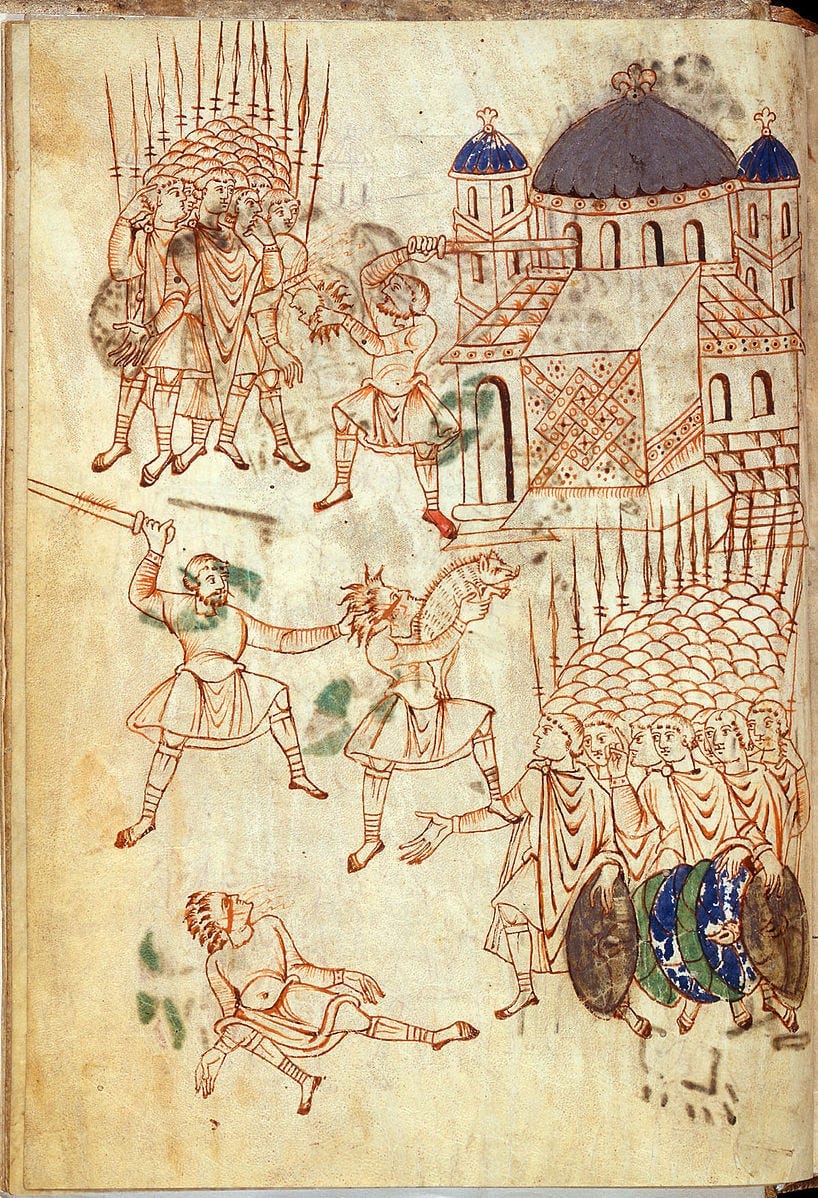
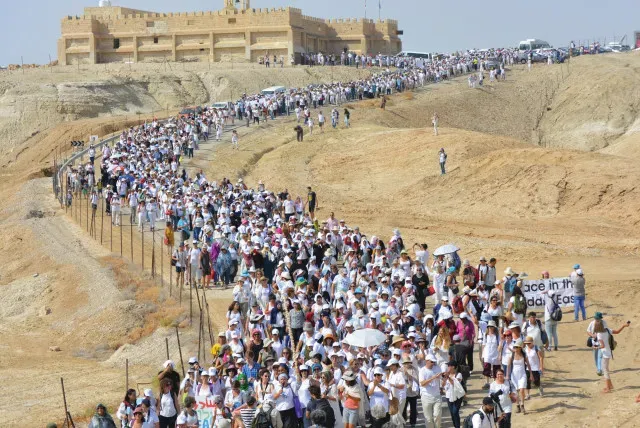
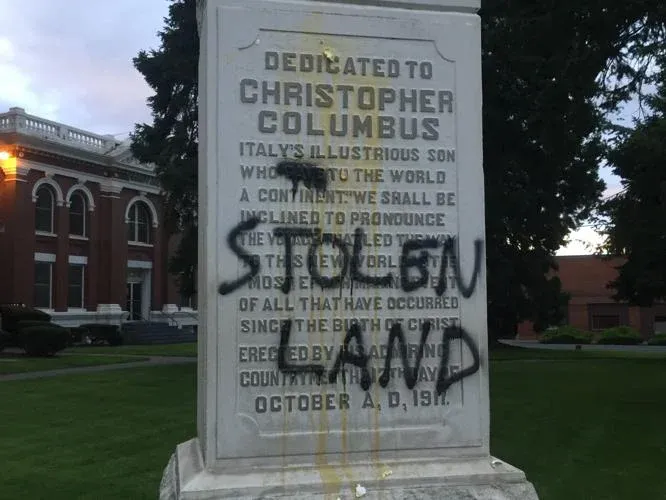

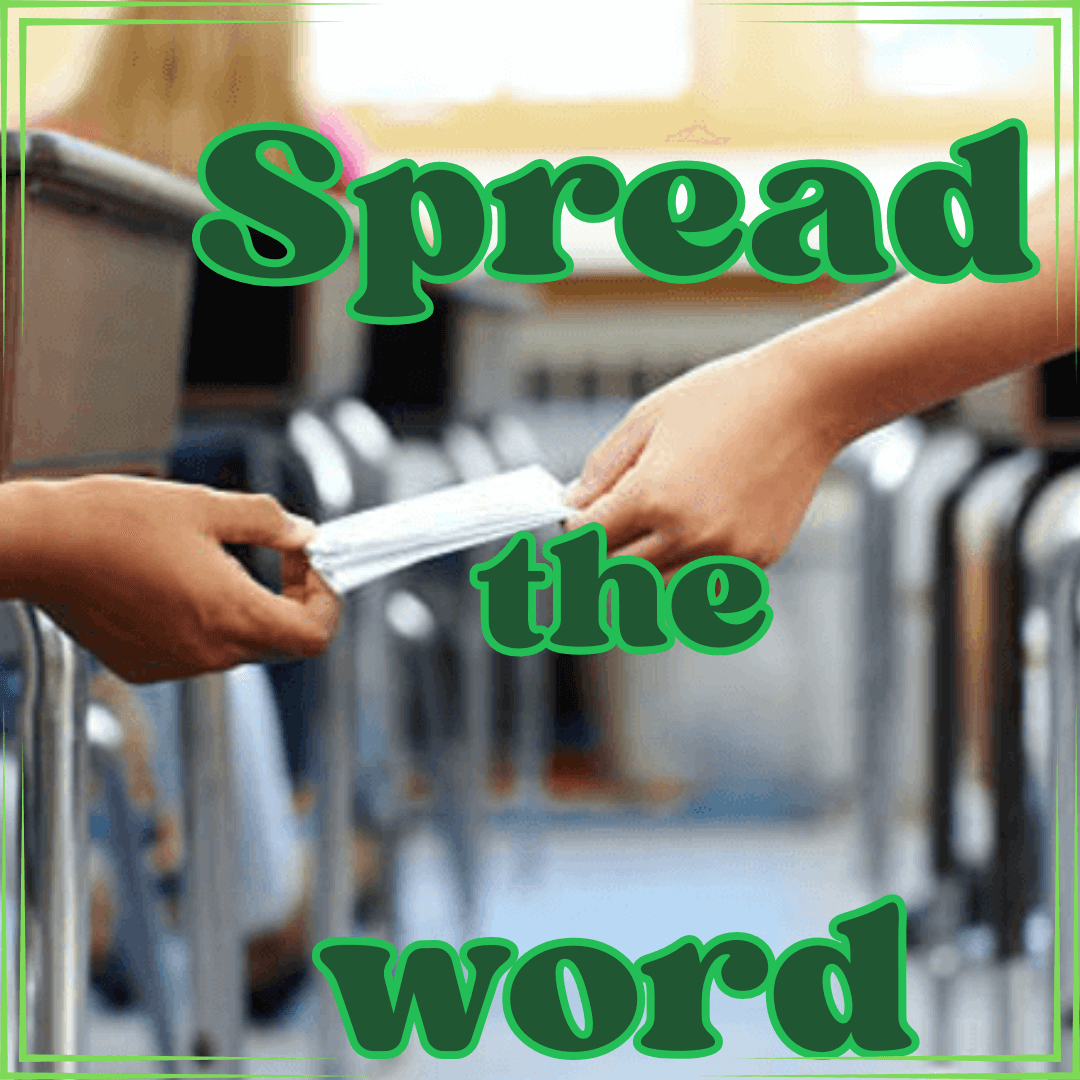
Especially without Substack's built-in network, word-of-mouth– forwarding emails, sharing on social media, passing notes in class, all of it– matters more than ever.
Please spread the word about this post and Life is a Sacred Text in general.
Thank you. 🙏 ❤️
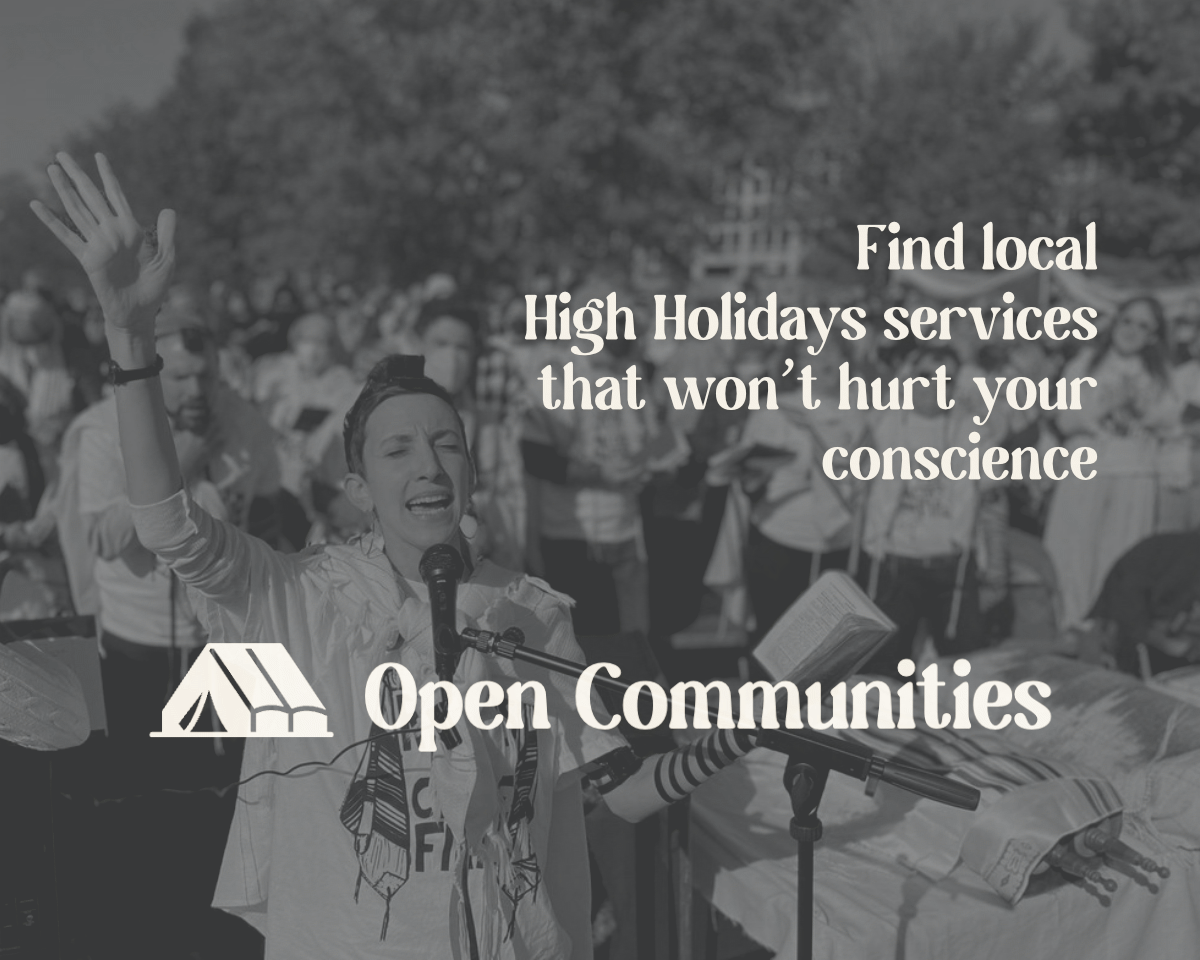
NOTE! NOT EVERY WONDERFUL, THOUGHTFUL ETHICAL COMMUNITY IS IN HERE! A lot of excellent rabbis are not here for a lot of reasons alluded to above. Just because something's not in here doesn't mean that it's bad, and honestly not every community here is my own specific personal cup of tea, but the point is to have starting points, and there's a lot of great stuff here.
